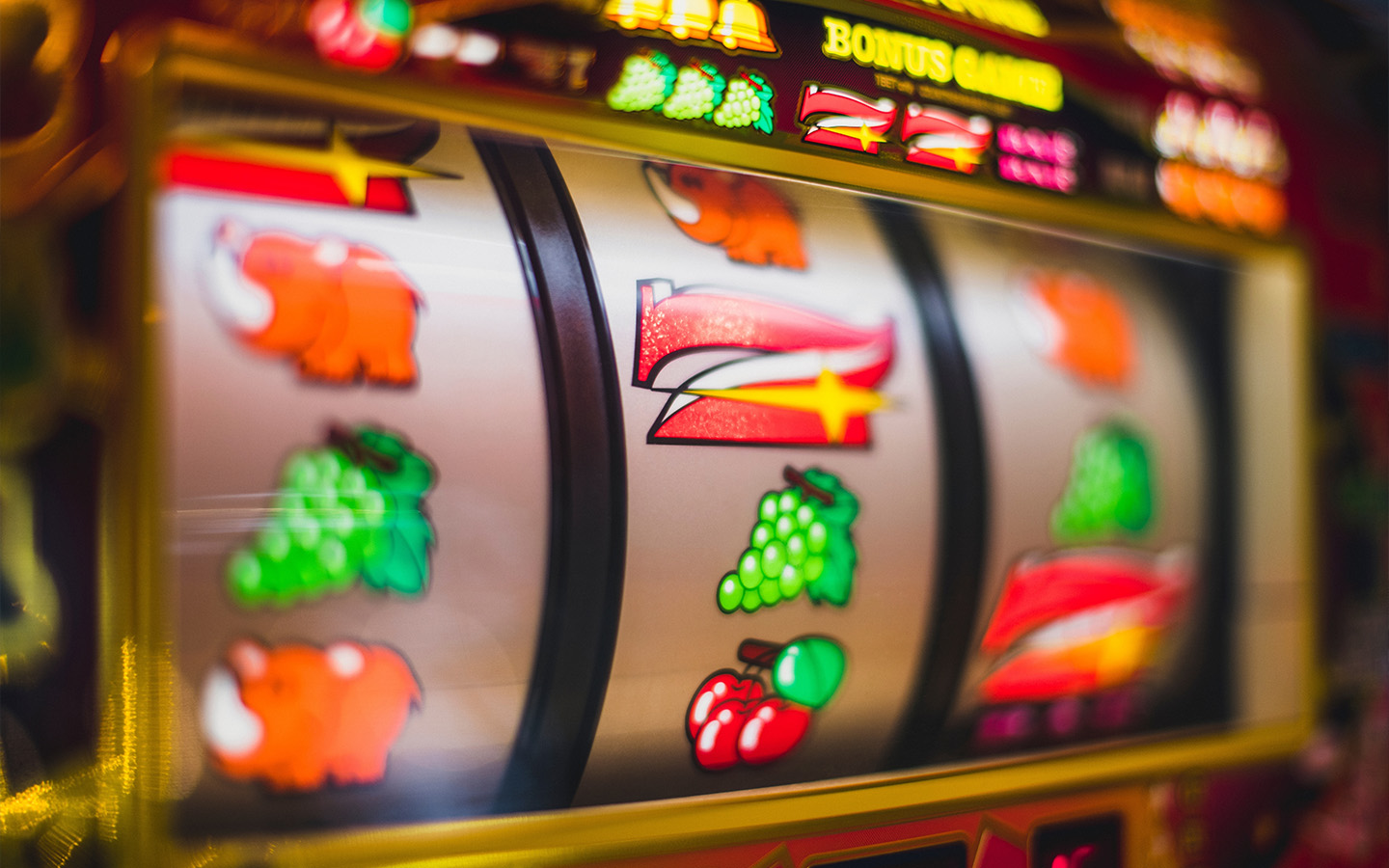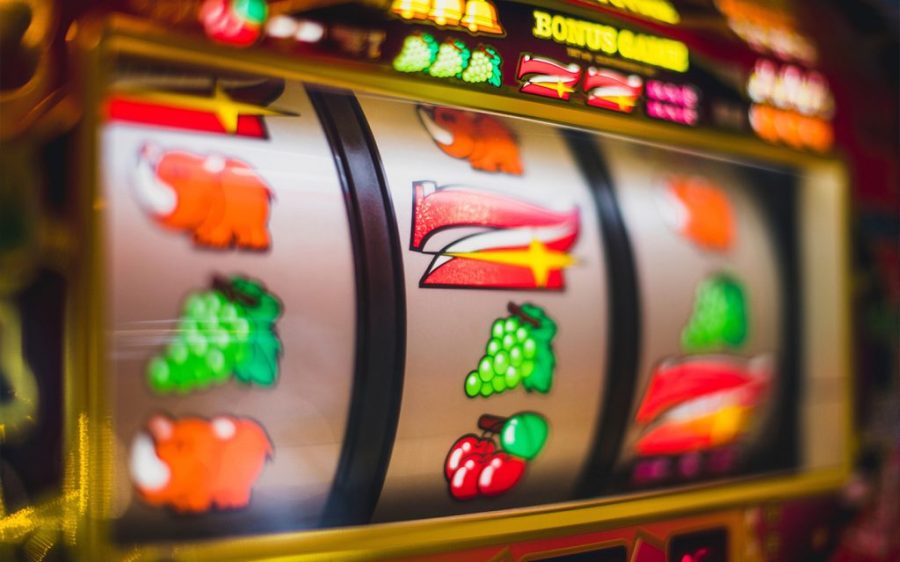Macao police have detained a 35-year old mainland Chinese male, accusing him of stealing roughly HK$570,000 (US$73,348) in poker machine winnings from a gambler who had enlisted him to play on his behalf.
At a press conference reported by multiple media outlets yesterday, the Judiciary Police said the victim was a middle-aged mainland male gambler who had travelled to Macao on 6 November. The man was subsequently introduced to the accused – identified by the surname Tang – through a friend.
On 7 November, Tang was said to have suggested the idea of playing the slot machine on behalf of the victim. The gambler agreed, handing over HK$1,000 (US$128.68) for this purpose. Tang allegedly promised to hand over any potential winnings to the victim.
“The detainee, Tang, won on one of the slot machines,” a Judiciary Police spokesperson said, “The winnings totalled HK$569,149.”
After hitting the jackpot, Tang and the gambler went to the casino counter together to redeem the cash winnings. Upon receiving the payout, Tang took the gambler by surprise by running away with it.
[See more: Investigations into gambling-related crimes are up 134 percent]
Following a search for Tang, the victim sought assistance from the casino’s security team, with the Judiciary Police subsequently receiving notice of the case.
On 10 November, 2 pm, Tang handed himself over to the Judiciary Police to assist with the investigation, after finding out the gambler had reported the matter to the authorities. According to the police, Tang has refused to cooperate and has shown no inclination of either returning the money or revealing its location.
Local law enforcement did not uncover any of the stolen cash on the suspect. Tang’s mobile phone has been confiscated, as the police continue to investigate the whereabouts of the stolen money.
The case, which involves a breach of trust over a large sum of money, has now been handed over to the Public Prosecutions Office.
Gambling crimes are not uncommon in Macao, although recent government statistics indicate that many cases tend to involve illegal currency exchange.






